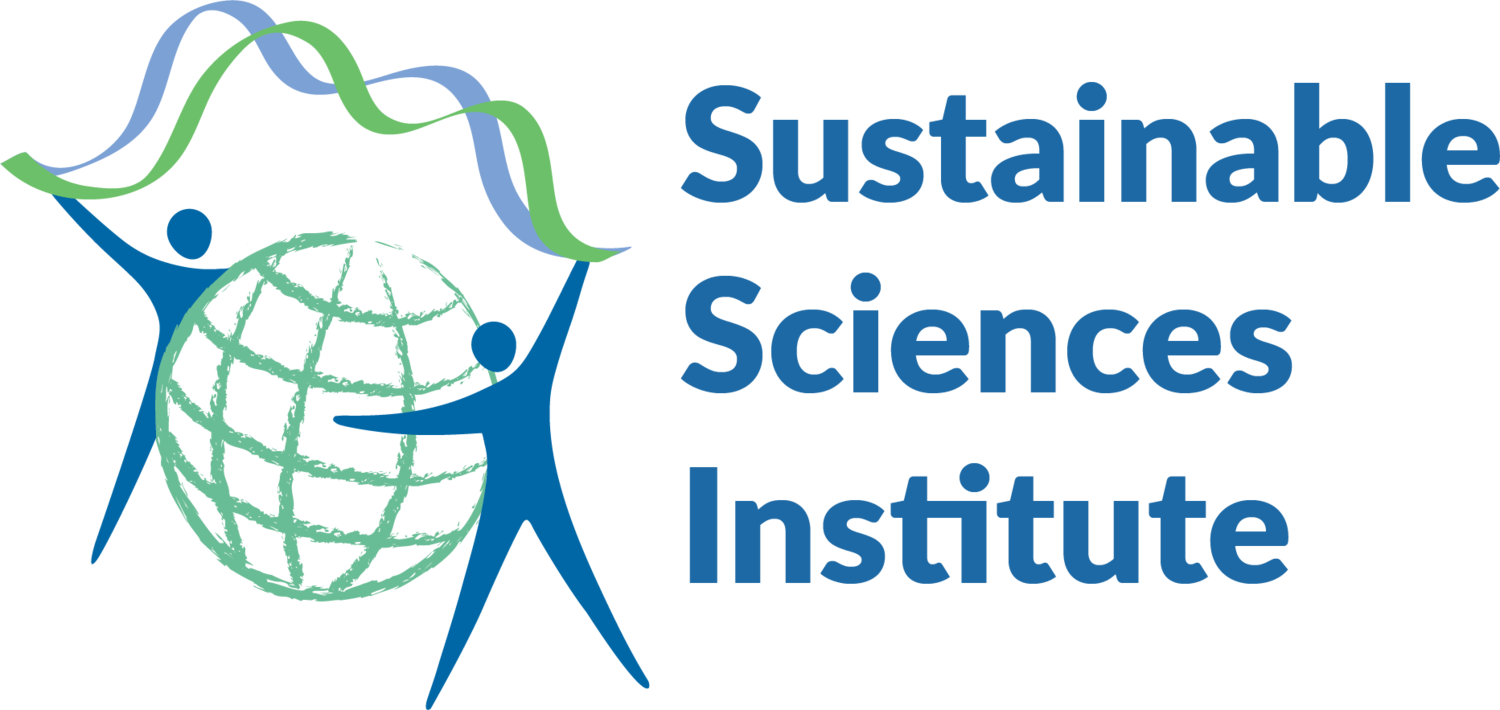Hepatitis C
SSI’s Egypt Team
In Egypt, hepatitis C virus (HCV) is a major cause of liver disease and a leading cause of death. Egypt has the highest HCV seroprevalence in the world, estimated at 10-13% of the country’s population of 80 million. The geographical distribution of HCV in rural areas along the Nile has been linked to the endemicity of schistosomiasis and its injection-based treatment before 1984 (when injections were replaced by oral therapy). Most Egyptian cases of hepatitis C are due to genotype 4 viruses, which are uncommon in the West and understudied.
The major known risk factors associated with HCV infection in Egypt are past history of anti-schistosomal injections, administration of other injections, circumcision or other procedures performed by non-medical personnel and transfusion of blood or blood products especially prior to 1994 (when blood screening for HCV became widely applied in Egypt). Even now, a significant number of ongoing transmissions remain unexplained. The magnitude and healthcare implications of HCV-related disease in Egypt pose special challenges. Important questions include factors influencing ongoing transmission, treatment candidacy feasibility and effectiveness, disease progression, protective immunity and the interaction between HCV and schistosomiasis. Egypt is a unique, important and challenging environment for studying the epidemiology, treatment and pathogenesis of hepatitis C.
The Hepatitis C in Egypt Program is dedicated to sustainable research in the field of hepatitis C and receives generous ongoing support from the Technical Training Foundation.
Current HCV Research in Egypt
Workshop Program: SSI organizes and carries out regular workshops in Egypt on topics such as scientific writing for publication, grant writing, immunology, clinical and research aspects of HCV, and setting up a grants office in scientific institutions.
Ibrahim El-Hefni Scholarship Program: SSI fosters inter-institutional collaboration between the US and Egypt and provides supervised research training for young Egyptian investigators in the US.
Research Program: SSI sponsors HCV research studies and helps develop laboratory infrastructure in Egypt. We have established the “National Liver Institute-Sustainable Sciences Institute Collaborative Research Center (NLISSICRC)” and have a memorandum of understanding (MOU) between SSI and the NIL at the University of Menoufiya.
Biorepository Program: SSI promotes infrastructure development and good practices for improving Bio-repository capacity at targeted Egyptian institutions. SSI now has our own fully functioning Bio-repository at the NLISSICRC which we use as a training and learning center.

